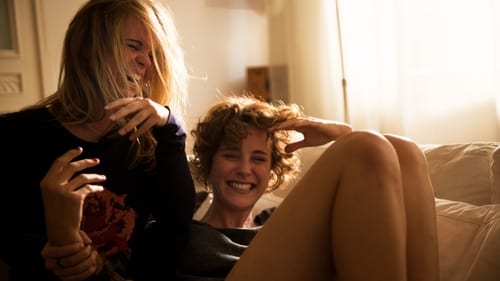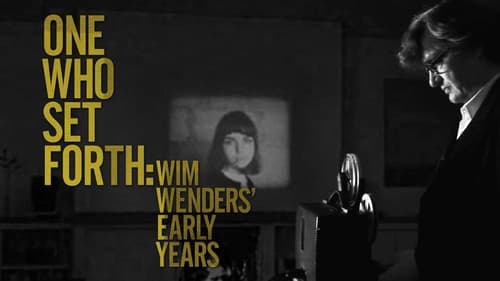
Production Design
A snack bar owner smokes with his Muslim neighbor in the stairwell of their apartment building at night. Her husband is his good friend. They draw closer to one another as the nights go on and look out over the city to the dark satellites, the brutalist concrete buildings on the outskirts of the city - relics of the GDR past. A security guard watches over Objekt 95, a satellite town with a residential complex which many foreigners call home. While on patrol at night, he gets to know a young Ukrainian woman who fled her home country when the war broke out. He wants to protect her, while his friend, the “old security guard”, radios to him from an abandoned Russian barrack night after night. A woman from the train cleaning service drinks in a train station bar after her night shift. There, she meets a hairdresser. The two of them become friends and spend many nights together in the station. Every night, her desire grows even greater for this woman who is exactly as lonely as she is.

Production Design
An apocalyptic female buddy movie. Two years ago zombies took over the earth. Weimar and Jena are the last places of human civilisation. Vivi and Eva have to fight the undead together, as well as the demons of their past.

Production Design
ナチス・ドイツを率いて世界を震撼させた独裁者アドルフ・ヒトラーが、現代によみがえる。非常識なものまね芸人かコスプレ男だと人々に勘違いされる中、クビになった局への復帰をもくろむテレビマンにスカウトされてテレビに出演する。何かに取りつかれたような気迫に満ちた演説を繰り出す彼を、視聴者はヒトラー芸人としてもてはやすが戦争を体験した一人の老女が本物のヒトラーだと気付く。

Production Design
Helen is a nonconformist teenage girl who maintains a conflictual relationship with her parents. Hanging out most of her time with her friend Corinna, with whom she breaks one social taboo after another, she uses sex as a way to rebel and break the conventional bourgeois ethic. After an intimate shaving accident, Helen ends up in the hospital where it doesn’t take long before she makes waves. But there she finds Robin, a male nurse who will sweep her off her feet...

Production Design
The early films of Wim Wenders are now regarded as landmarks of European film. Alice in the Cities, Wrong Move and Kings of the Road became foundations of the German New Wave and cemented the reputation of their director. In One Who Set Forth: Wim Wenders' Early Years Marcel Wehn explores the background to these films. Through personal recollection and rare home movie footage, it documents the director's early life, from experiments with his first camera, via his deviation from a career in medicine in favour of art and film, through to international recognition for the Road Trilogy. Central to these were themes that became cornerstones of all his work: national identity, the importance of personal relationships and the allure of the road. With contributions from the director and the many collaborators who helped define his vision, One Who Set Forth is a compelling account of Wim Wenders' life and work.




